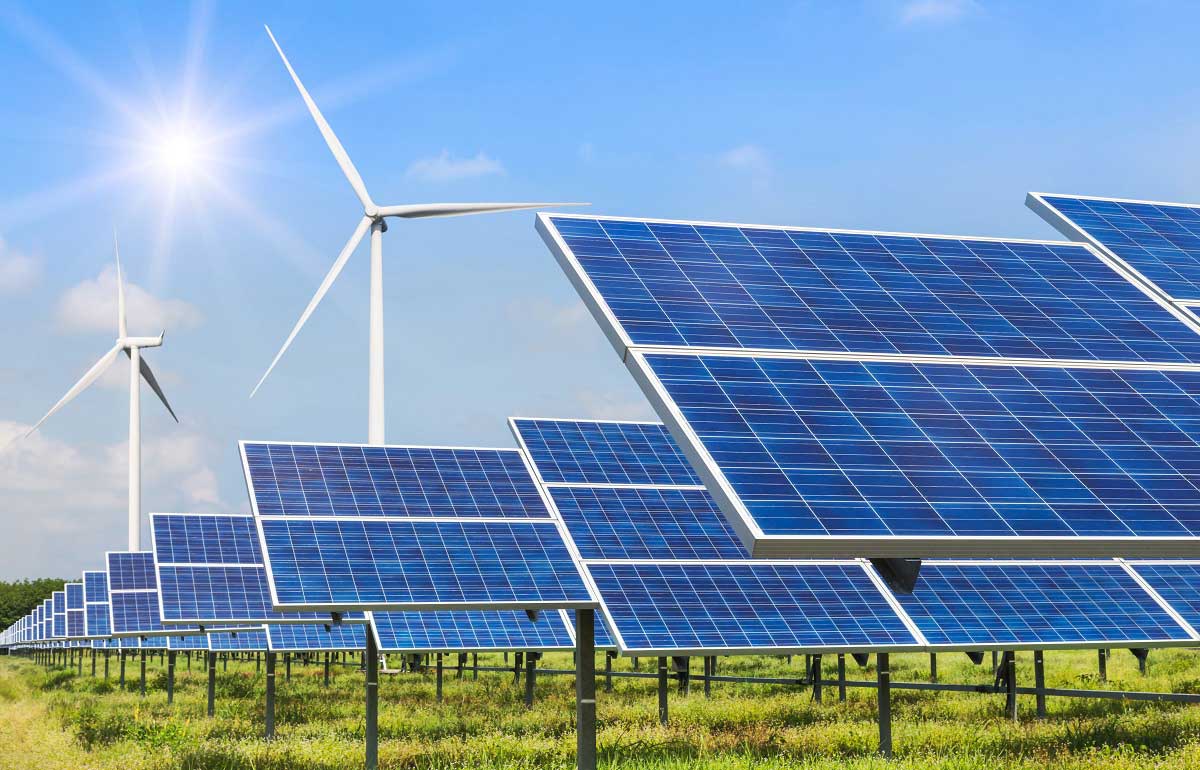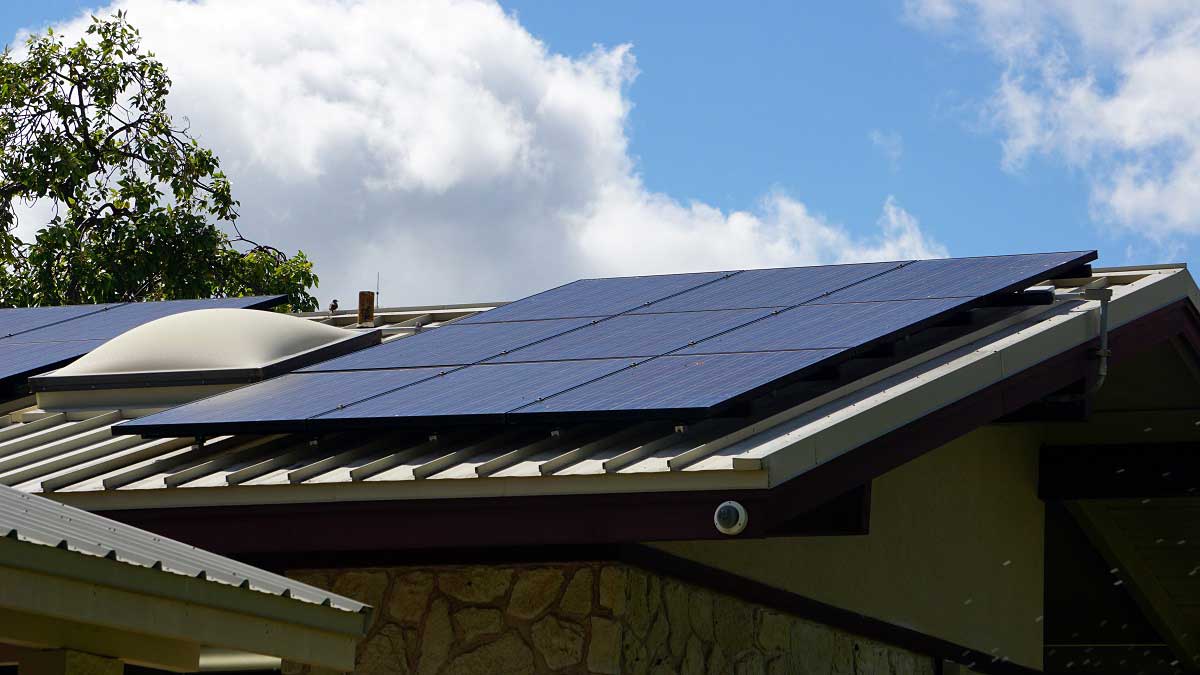Harnessing the sun's power for our energy needs is an enticing proposition. Solar power not only provides a sustainable source of energy, but it also comes with enticing tax incentives. A frequently asked question in this context is, "How does the solar tax credit work if I don't owe taxes?" We are going to unravel the answers in this comprehensive guide.
This blog explores the workings of the Federal Solar Tax Credit and understands how to benefit from it even if you don't owe taxes. We will also unearth state-specific incentives, the role of solar installers, and the future of this tax credit. Make the most of your investment in solar power.
Understanding The Solar Tax Credit
The Federal Solar Tax Credit, also known as the Investment Tax Credit (ITC), is a dollar-for-dollar reduction in federal income tax for homeowners and businesses who purchase and install a solar power system. The ITC is based on the amount of investment in solar property, with no upper limit.
How The Solar Tax Credit Works
The Solar ITC works by reducing the tax liability of the homeowner or business that installs the system. For instance, if a homeowner spends $20,000 on a new solar system, they would be eligible for a tax credit of 26% (for 2023), which amounts to $5,200. This reduces their federal tax bill by that amount.
How Does The Solar Tax Credit Work If I Don't Owe Taxes?
“How does the solar tax credit work if I don't owe taxes?" you might ask. Well, in such cases, you would carry the credit over to the following tax year. The great thing about the ITC is that it is a carryover tax credit. This means if you can't utilize the full credit in one year, you can "roll it over" into future years for as long as the tax credit is in effect.
Maximizing The Benefits Of Solar ITC Without Owing Taxes
As the tax credit is non-refundable, it won't provide a tax refund. Instead, it reduces the amount of tax owed. If you have no tax liability in the current year, you can't directly benefit from the credit. But you can still make strategic moves to maximize the ITC benefits even if you don't owe taxes.
Spreading Out Your Solar Investment
One strategy might be to spread out your investment in the solar system over a couple of years. By doing so, you can manage your investment and tax liability to take the best advantage of the ITC.
Increasing Your Tax Liability
Another strategy is to find ways to increase your tax liability in the years you plan to claim the tax credit. This might involve converting a traditional IRA into a Roth IRA or realizing capital gains. But these strategies should be done under the guidance of a financial advisor.
The Role Of Solar Installers And Financiers
Solar Installers and financiers play a crucial role in the acquisition of solar power systems. They not only help install the systems, but they also provide vital information and guidance on how the Federal Solar Tax Credit works. They often have dedicated personnel who can explain the nuances of the solar tax credit and guide homeowners through the process of applying for it.
State-Specific Solar Incentives
In addition to the federal ITC, several states offer additional solar incentives. These can come in the form of tax credits, rebates, or performance payments. It's worth researching your state's specific programs to understand what additional benefits you may be eligible for when investing in solar power. This can maximize your return on investment and shorten the payback period for your solar system.
The Future Of Solar Tax Credit
The Federal Solar Tax Credit has been a significant driver for the growth of solar power in the United States. However, the future of this tax credit is uncertain as it is set to phase out in the coming years. It's important to take advantage of it while it's still available and contribute towards a cleaner, greener future for our planet.
Frequently Asked Questions
Understanding “How does the solar tax credit work if I don't owe taxes?” is crucial. To help provide more clarity on this, we have answered some of the most frequently asked questions regarding solar tax credits.
Can I claim the Solar ITC if I lease my solar system?
No, only the homeowner who buys and installs the system can claim the Federal Solar Tax Credit. If you lease your system, the leasing company is the owner of the system, and they get the tax credit.
Can the Solar ITC be claimed on second homes or rental properties?
Yes, but the system must be used by the taxpayer. If the solar system is on a rental property, only the portion of the electricity used by the taxpayer can be claimed.
What happens to the Solar ITC after 2023?
As of 2023, the tax credit for residential solar power systems will phase out unless Congress extends it. However, a 10% credit for commercial solar energy systems is slated to remain in place.
Benefitting From Solar Tax Credits
While it's certainly true that you must owe taxes to directly benefit from the Solar ITC, the provision for carrying over the credit to future years means you can still benefit from it even if you don't owe taxes in the current year. It's a smart incentive that rewards those who invest in solar power, encouraging more people and businesses to make the switch to this renewable energy source.
Discover more ways to save while going green by visiting Gov Relations and checking out our guide on government incentives to get free solar panels for your home.







